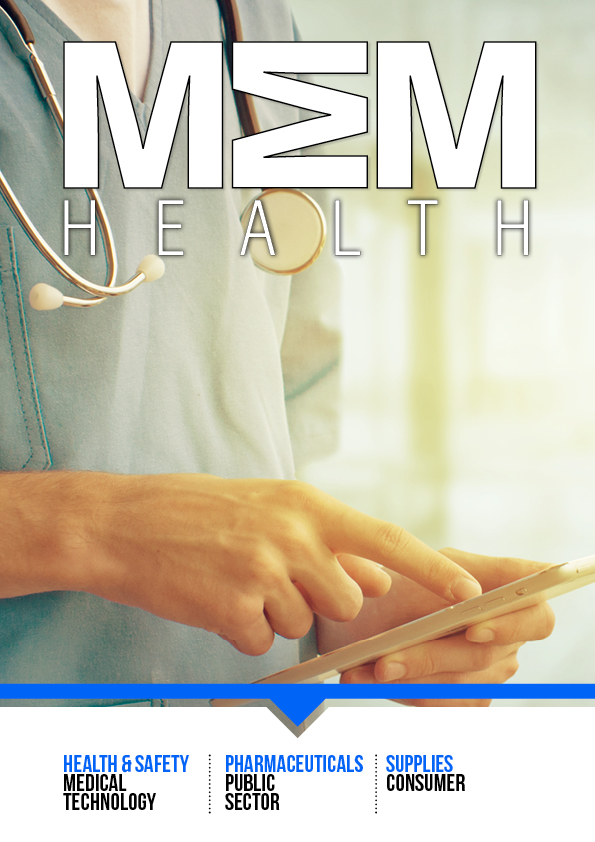The British Occupational Hygiene Society (BOHS), a leading scientific charity and the Chartered Society for worker health protection, has raised serious concerns about the implications of the Government’s recent proposals introduced in the “Working Better” Consultation. The Society believes that these proposals may jeopardize the ongoing efforts to prevent ill-health in the workplace and divert much-needed resources from primary care.
According to BOHS, the proposals do not adequately address the needs of the two million workers who fall ill due to work-related issues, with an increasing majority being women. The Society has highlighted this hidden crisis in women’s workplace health in a recently published report “Uncovering the UK’s hidden crisis in women’s workplace health”, emphasizing the importance of addressing these issues as soon as possible.
The Society is concerned that the plans, outlined in Occupational Health: Working Better – GOV.UK (www.gov.uk), likely to be launched in the Autumn Statement, are lacking proper regulation, potentially posing risks to safety and opening doors to potential fraud.
“Unsurprisingly, the private health companies through whom occupational health has been provided, are very positive about proposals for a tax giveaway. However, BOHS is concerned that the scheme aims at giving money to provide the sort of services that are supposed to be provided by the NHS free through employer schemes, with potential direct impact on employee taxation and pay packets” says BOHS CEO Professor Kevin Bampton.
“There are many fantastic OH providers, but there are an increasing number who never ever step into the workplace and just take the money. There is no explicit legal duty to use qualified health professionals underpinning this proposal.”
The Society has prepared a thoughtful and systematic response to the consultation, despite scepticism about the government’s responsiveness.
Key Concerns Raised by BOHS:
- Lack of Regulatory Compliance: The schemes extend primary care into the workplace, provided by private health providers, without sufficient safeguarding and regulatory compliance. This poses a serious risk of potential fraud and misuse of public funds by unscrupulous businesses. The plans do not outline adequate controls to prevent this.
- The National Occupational Health Standard: BOHS questions the necessity of a national standard, suggesting it may lead workers to believe they are receiving care from professionals when there is no legal requirement for OH provision to be delivered by regulated, qualified professionals to the same standards as the NHS.
BOHS feels that the emphasis should not be on diverting employer and taxpayer resources into providing private healthcare at work, but on preventing ill-health in the first place.
BOHS President, Alex Wilson, says “The number of people getting ill because of lack of protection from exposure to health risks at work is growing. Every year, we understand more about just how much impact work has on ill-health in the UK, from premature menopause to irreversible cancer. With 1 in 16 working people in the UK ill because of preventable hazards at work, it makes little sense to spend a lot of money to try and keep sick people in work, without spending a little money to stop them from getting ill in the first place. “
The BOHS Report explores alternative policy measures, aimed at prevention to increase protection of people at work and to reduce cost and inefficiency in linking occupational to health. These include:
- The UK finally signing the ILO Convention 155 to meet the minimum international health and safety standards.
- Updating the Health and Safety at Work Act to improve disclosure of workplace health risks.
Implementing a legal duty to use registered, qualified professionals for health and well-being advice.
Establishing a connection between occupational illness information and individuals’ NHS records.
Enhancing medical and health education by making occupational health protection a core part of training for doctors, nurses, and other health professionals.
The Society plans to release a full review of the opportunities for the UK to protect workers from preventable workplace ill-health in December, shedding light on critical issues that impact the health of employees across the nation.
Manufacturing & Engineering Magazine | The Home of Manufacturing Industry News
















